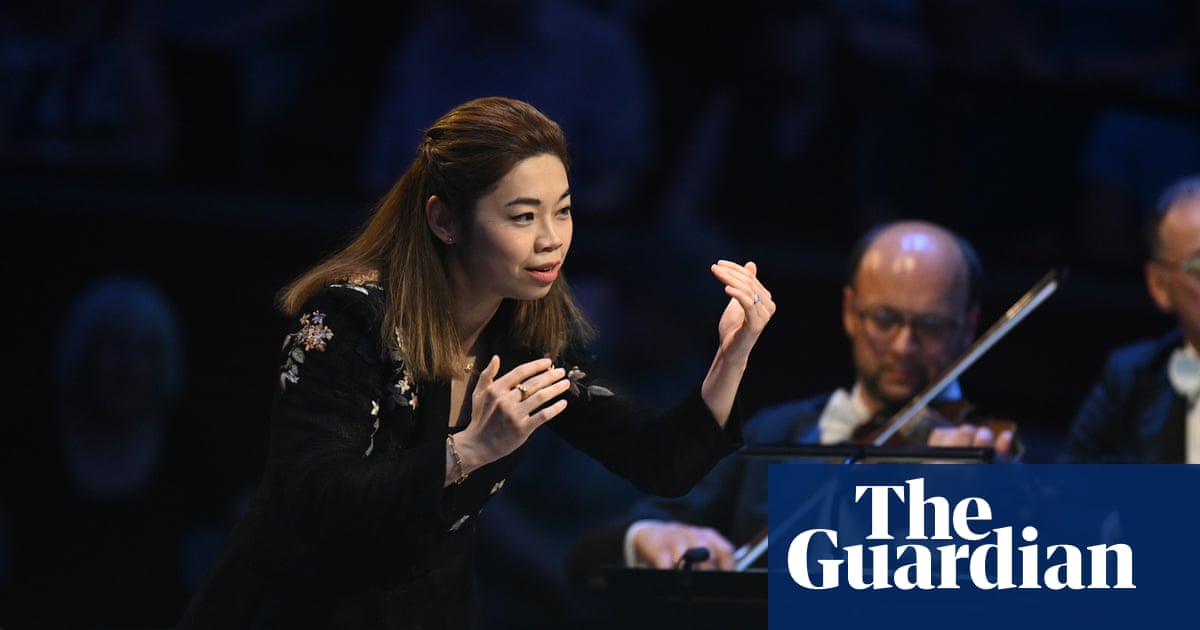It’s an indication of the dire straits in which Welsh National Opera finds itself at present that this Mozart opera is the company’s only production before the much-vaunted Peter Grimes in April. A staging first seen in 2016 by now betrays the slightly battered look of the moving walls of the late Ralph Koltai’s set. Yet, if the WNO personnel feel similarly battered, they performed here with as much guts as could possibly be mustered, determined to prove that resilience is all.
With a mix of extravagant period costume and contemporary touches – metal stepladder, ironing board, castors on the armchair that hides Cherubino and then the count – revival director Max Hoehn emphasises the farcical aspects of the plot rather than the more subversive core that attracted Mozart and librettist Lorenzo da Ponte. The acting and interaction had an often frenetic air, only emphasised by the bustling pace set by conductor Kerem Hasan, especially in the first two acts.

The casting is curious for having no voices that are particularly suited to Mozart, Eiry Price’s sweet-toned Barbarina aside. Being Italian himself, Giorgio Caoduro, in the role of the count, projected the words best, making the ignoble womaniser less suavely seductive and underlining his sense of entitlement. Michael Mofidian’s Figaro and Christina Gansch’s Susanna sparked off each other well enough; Mofidian’s recitatives had punch and he finally came into his own in Figaro’s act four tirade against women – when he believes Susanna to be succumbing to the count’s wiles. Monika Sawa’s Marcellina and Wyn Pencarreg’s Doctor Bartolo matched each other in outrageousness, Jeffrey Lloyd-Roberts camped up his Don Basilio, while Julian Boyce brought neat touches to the galumphing gardener Antonio, whose interventions are key to the comic twists and turns.
It was really only in the third and fourth acts that both the staging and the singing seemed to settle down and acquire a far greater assurance, making the matters of the heart more affecting. And first in voicing sad despair, and then in plotting her husband’s downfall, Chen Reiss’s countess found a more vibrant bloom to her voice.
There was evidence of existential despair elsewhere, too, as placards with #SaveOurWNO were held high at the curtain call. This Figaro may not be one of the company’s greatest achievements, but it’s nevertheless well worth seeing, and more of the kind of enthusiastic support this audience gave is desperately needed elsewhere on WNO’s coming tour.

.png) 2 months ago
40
2 months ago
40













































